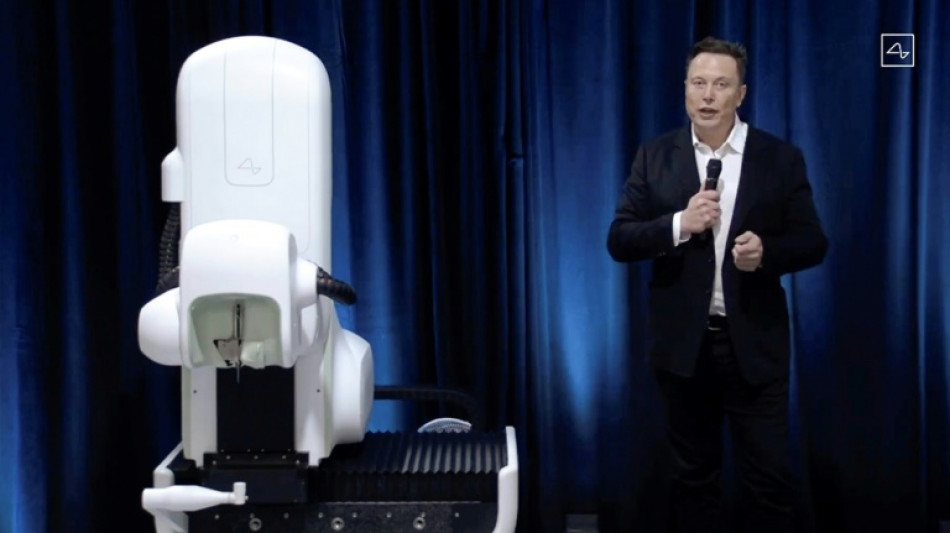
-
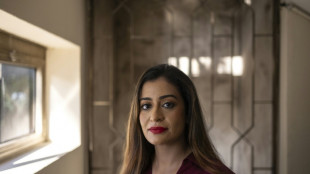 Nollywood meets Bollywood: filmmaker fuses Indian, Nigerian culture
Nollywood meets Bollywood: filmmaker fuses Indian, Nigerian culture
-
India women's historic cricket World Cup win fires up T20 league

-
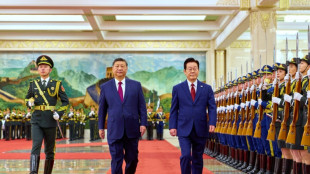 South Korea's Lee says urged Xi to help curb North's nukes
South Korea's Lee says urged Xi to help curb North's nukes
-
England's Bethell hits maiden Test century as family watch on
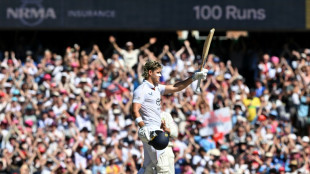
-
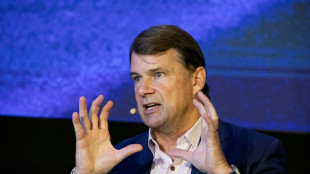 US car market expected to moderate in 2026
US car market expected to moderate in 2026
-
Swiatek, Gauff ease to United Cup victories
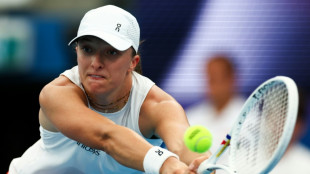
-
 Strasbourg face pitfalls of multi-club system as Chelsea take Rosenior
Strasbourg face pitfalls of multi-club system as Chelsea take Rosenior
-
Bethell stands tall as England 174-3 in final Test, nine behind

-
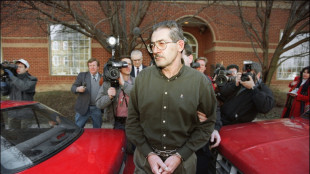 Ex-CIA agent convicted of spying for Soviets dies in prison
Ex-CIA agent convicted of spying for Soviets dies in prison
-
James, Doncic carry Lakers past Pelicans
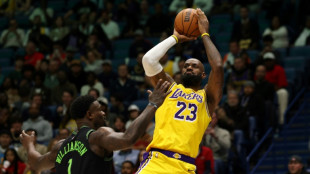
-
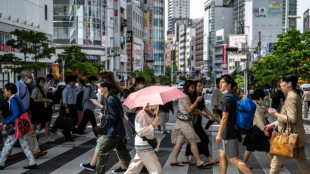 Vietnamese caught in Japan's illegal worker crackdown
Vietnamese caught in Japan's illegal worker crackdown
-
Nostalgia and new fans as Tamagotchi turns 30

-
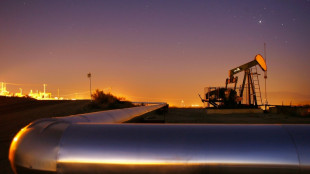 Oil extends losses as Trump flags Venezuela shipments, stocks wobble
Oil extends losses as Trump flags Venezuela shipments, stocks wobble
-
Overseas scholars drawn to China's scientific clout, funding
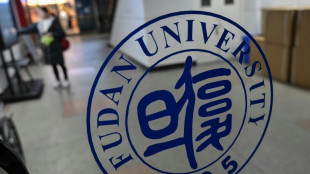
-
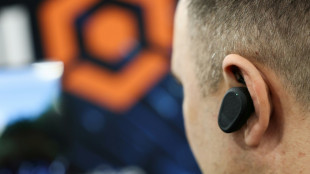 From music to mind reading: AI startups bet on earbuds
From music to mind reading: AI startups bet on earbuds
-
'Of course it's not safe': small city in Russia tries to shrug off war

-
 'Simple' goodbye to Bardot lined up in Saint-Tropez
'Simple' goodbye to Bardot lined up in Saint-Tropez
-
England lose Crawley as they battle to save final Ashes Test
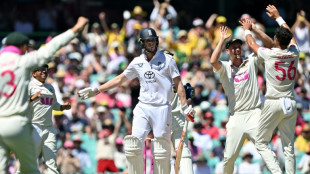
-
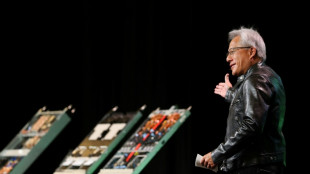 Nvidia CEO praises robots as 'AI immigrants'
Nvidia CEO praises robots as 'AI immigrants'
-
Talks on Ukraine guarantees to continue after Paris 'progress'
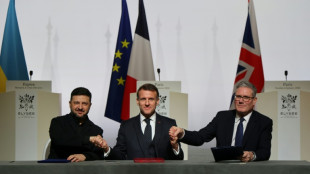
-
 WELT Unveils the World's First "AI-Combo Drug" at CES 2026
WELT Unveils the World's First "AI-Combo Drug" at CES 2026
-
AI, outdated visuals fuel misinformation after Maduro capture

-
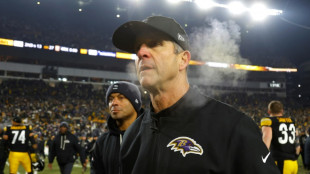 John Harbaugh fired by Ravens after 18 seasons
John Harbaugh fired by Ravens after 18 seasons
-
Jays and Astros hope to match Dodgers' Japan success

-
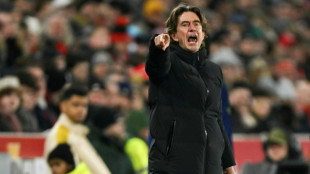 Under-fire Frank claims support of Tottenham hierarchy
Under-fire Frank claims support of Tottenham hierarchy
-
Fletcher asked for Ferguson's advice before taking Man Utd interim role
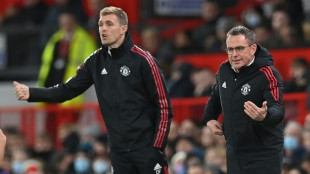
-
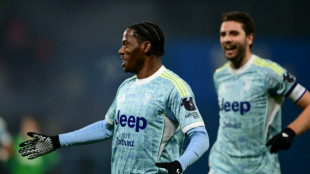 Juventus bounce back in Serie A as Roma, Como in Champions League hunt
Juventus bounce back in Serie A as Roma, Como in Champions League hunt
-
New Venezuela leader says 'no foreign power' running country

-
 NBA Bulls sign Japanese guard Kawamura
NBA Bulls sign Japanese guard Kawamura
-
Rubio was called a sell-out, then he won on Venezuela
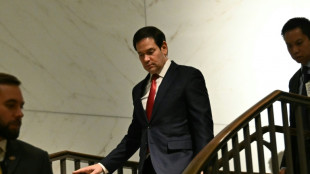
-
 Relief mixed with fear as Venezuelans cross into Colombia
Relief mixed with fear as Venezuelans cross into Colombia
-
Nine dead in clashes between Syria govt, Kurdish forces in Aleppo

-
 Forest boost survival bid to leave West Ham in turmoil
Forest boost survival bid to leave West Ham in turmoil
-
Boulbina stunner takes Algeria through, Diallo sparkles for I. Coast

-
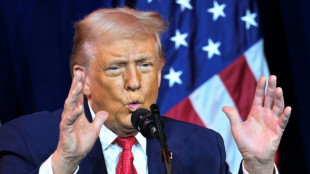 Trump considering military options to acquire Greenland
Trump considering military options to acquire Greenland
-
Diallo stars as Ivory Coast set up Egypt showdown in AFCON
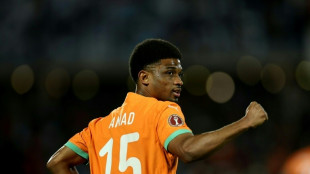
-
 Teen killed in anti-conscription protest in Jerusalem
Teen killed in anti-conscription protest in Jerusalem
-
Diallo stars as Ivory Coast set up Egyptsh owdown in AFCON
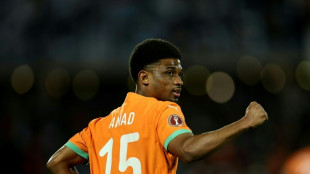
-
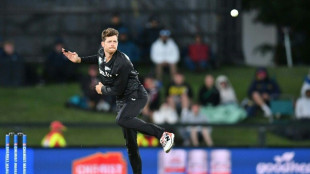 Black Caps go spin heavy for T20 World Cup campaign
Black Caps go spin heavy for T20 World Cup campaign
-
Brazil oil drilling near Amazon halted over 'fluid leak'

-
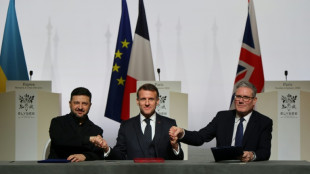 Western allies agree Ukraine guarantees after Paris 'progress'
Western allies agree Ukraine guarantees after Paris 'progress'
-
DR Congo's human statue becomes AFCON's most famous fan
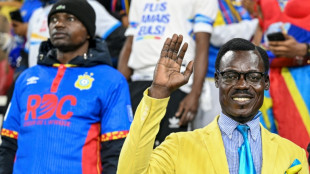
-
 Boulbina extra-time stunner takes Algeria through to AFCON quarter-finals
Boulbina extra-time stunner takes Algeria through to AFCON quarter-finals
-
Doncic, Giannis lead NBA All-Star voting

-
 NASCAR commissioner Phelps steps down
NASCAR commissioner Phelps steps down
-
Domen Prevc secures Four Hills ski jump title to emulate brother

-
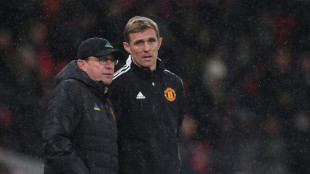 Fletcher says Man Utd coaching job was not in 'wildest dreams'
Fletcher says Man Utd coaching job was not in 'wildest dreams'
-
US forces killed 55 Venezuelan, Cuban military personnel in Maduro raid: tolls

-
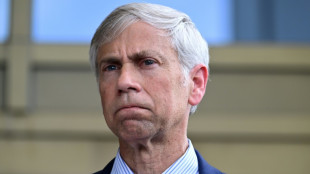 Maduro lawyer previously defended WikiLeaks' Julian Assange
Maduro lawyer previously defended WikiLeaks' Julian Assange
-
O'Neill not sure he has 'energy' for long Celtic stay
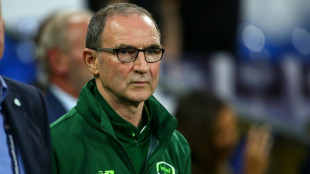

Musk's superhuman vision promise is dangerous: researchers
Researchers have criticised billionaire Elon Musk for promising that his brain implant technology could eventually provide patients with vision superior to normal human sight.
Musk has long promised that his Neuralink company was working on implants that could restore sight to blind people, telling his 190 million followers on X in March that the product would be called "Blindsight".
He said the product was already working in monkeys, adding: "Resolution will be low at first, like early Nintendo graphics, but ultimately may exceed normal human vision."
But Ione Fine, psychology professor at the University of Washington, said it was "a dangerous thing to say".
Fine co-authored a paper published Monday in the journal Scientific Reports that used models known as "virtual patients" to simulate how such implants could work.
The article argues that the impact of novel implants including Musk's are likely to be limited by human biology.
Fine said Musk's idea rested on a flawed premise that high-resolution vision could be created by implanting millions of tiny electrodes into the visual cortex, the region of the brain that processes information received from the eye.
"Engineers often think of electrodes as producing pixels, but that is simply not how biology works," she said in a statement.
Creating an image in the brain involves not only stimulating individual cells in the way an implant can do, but also then generating a "neural code" that fires across thousands of cells.
She said scientists were not even close to finding the correct neural code in a blind person -- meaning the impact of implants would be limited.
"Blindness doesn't make people vulnerable, but becoming blind late in life can make some people vulnerable," she said.
"So, when Elon Musk says things like 'this is going to better than human vision', that is a dangerous thing to say."
A.Mahlangu--AMWN
